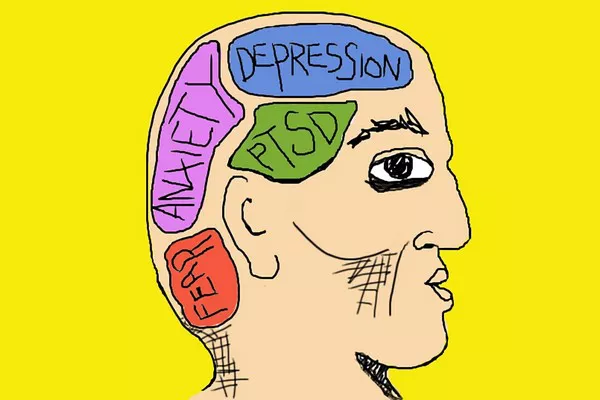A recent survey conducted by the National Center for Mental Health has revealed stark statistics on mental health issues among Koreans, underscoring a concerning trend of increased psychological distress.
Key Findings from the Survey:
According to the survey released Wednesday, 70% of Koreans reported experiencing mental health problems last year, including extreme stress and depressive thoughts.
This marks a significant increase of nearly 10 percentage points compared to the previous survey conducted in 2022.
The National Center for Mental Health, overseen by the Ministry of Health and Welfare, initiated the survey in 2016 to inform policies aimed at enhancing mental well-being. Subsequent surveys have been conducted biennially since 2022.
The latest survey, conducted online from February to May, targeted 3,000 individuals aged 15 to 69.
Detailed Insights:
Despite 78.8% of respondents striving to maintain sound mental health in their daily lives, 73.6% reported experiencing mental health issues over the past year—an increase from 63.9% in 2022.
Notable increases were observed in individuals reporting extreme stress (up from 36% to 46.3%) and those experiencing depressive thoughts lasting several days (up from 30% to 40.2%).
Cases of smartphone or internet addiction also rose sharply, from 6.4% in 2022 to 18.4% in the latest survey. Meanwhile, thoughts of suicide increased from 8.8% to 14.6%.
Response and Perceptions:
When faced with mental health challenges, 49.4% sought help from family members or relatives, followed by 44.2% who consulted medical professionals, and 41% who confided in friends.
The survey highlighted evolving perceptions regarding mental illnesses, with over 90% of respondents acknowledging that anyone can develop such conditions—an increase from 83.2% in 2022.
However, there was also a concerning increase in perceptions of stigma associated with mental illnesses. For instance, 50.7% believed their friends would shun them if they had a mental illness—an increase from 39.4% in the previous survey.
Similarly, 64.6% perceived individuals with mental illnesses as potentially more dangerous than others, compared to 64% previously.
President Kwak Young-sook of the National Center for Mental Health emphasized the need for proactive education on mental health, stressing the importance of medical treatment and early detection of mental illnesses.
The survey outcomes underscore a critical need for targeted interventions and enhanced public awareness to address the growing mental health challenges faced by Koreans.


